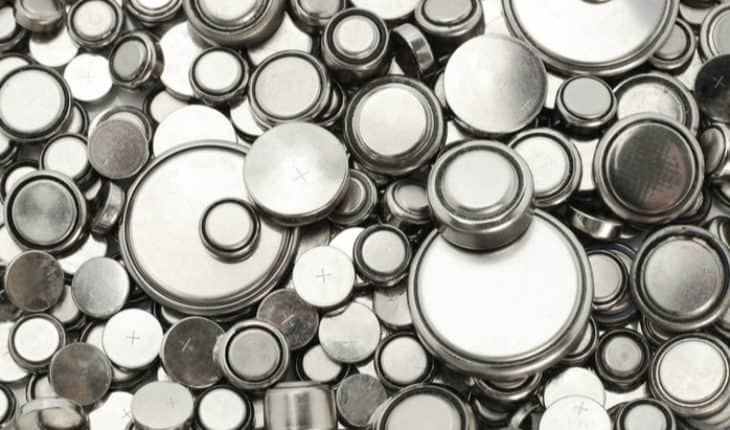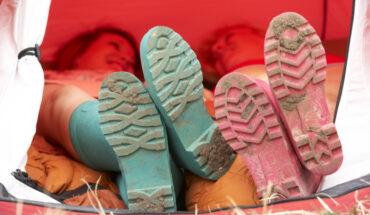Know the dangers of button batteries: Button batteries burn. The damage is noticeable within just 30 minutes and if the child does not receive immediate medical help, they may die. Often, the first anyone knows that a child swallowed a button battery is when they start vomiting blood. Sadly, this is usually too late.
We all remember having fun with science experiments as children. For example, watching a bottle of cola explode when a mento mint is dropped into it – and seeing the enamel on a tooth disappear before our eyes when left in fizzy pop overnight. However, a far more important experiment that we should all be doing with our kids, is one where we leave a small, round ‘button’ battery on a slice of ham for a few hours. This represents what would happen to a person’s insides if they were to swallow one. The process is staggering to watch. It outlines just how vital it is to keep these batteries out of the reach of babies, toddlers and small children.
Button batteries and lithium coin batteries are the small, round, batteries you find in toys, cards, watches, key fobs, calculators, hearing aids and numerous other everyday objects. They look to be totally harmless and you would think that if a child would swallow them, they would pass straight through and out the other end. Whist sometimes the battery can come out the other end, with no problem, sadly it is usually not the case.
Interested in a Paediatric First Aid Course? Click here
What would happen if one was swallowed?:
With ever more electronic gadgets around the home needing batteries, hospitals are reporting an increase in life-changing injuries resulting from these innocent-looking culprits. Indeed, you can find these batteries in toys, key fobs and even greetings cards. If a child swallows the battery and it gets stuck at any point in its journey; then it continues to emit its charge (even if it was already considered to be ‘dead’ when swallowed). This creates corrosive caustic soda which burns through the tissue and causes horrendous damage and internal bleeding.
Lithium batteries:
Lithium coin batteries are particularly dangerous. This is because they have a higher voltage and so release more energy and are more corrosive. Fatal damage can therefore occur in just a couple of hours. In most cases, parents have no idea their child has swallowed a battery until they start vomiting blood, by which time it is often too late to help as irreparable damage has already occurred.
An experiment to illustrate the dangers:
We set up an experiment to show what a button battery would do to a slice of ham in just 90 minutes. To mimic a battery being swallowed, saliva was added to the battery and it was enclosed in cling film to be enclosed, as in the body – and the results were shocking.
Significant damage had occurred within just a couple of hours.

- Always check that battery compartments on electronic gadgets are securely fastened (usually with a screw).
- If a battery is missing and you think it likely your child may have swallowed it, take your child to A&E for an x-ray to be sure.
- Ensure to keep gadgets safely out of the reach of children if a battery compartment isn’t secured with a screw. Avoid buying products that do not conform to EU safety standards.
- Store spare batteries carefully; somewhere inaccessible to children, ideally in a high-up, lockable cupboard. Button batteries are potentially as dangerous as medicines and your cleaning products and should be treated as such.
- Inform your whole family about the dangers of button batteries.
- Recycle used batteries safely, as these too are dangerous
If you think your child may have swallowed a button battery, act fast:
- Take them to your nearest A&E as quickly as possible
- Tell the triage nurse that you think they have swallowed a battery. Take the gadget with you so the staff can identify the type of battery that worries you
- Do not wait for any signs or symptoms
- Do not try to make them sick
- Make sure you do not give them anything to eat or drink. They may need an anaesthetic in order to be operated on
Your child will be x-rayed to establish whether the battery is there or not and if so, where it is lodged. If necessary, they will be taken for an operation to remove the battery as a matter of urgency.
Please do follow this advice on how to prevent accidents happening in the first place. Also spread the word on how to keep children safe around button batteries.
- What is a seizure? - 13th March 2025
- Febrile Convulsions and Seizures in Children - 13th March 2025
- Why women are less likely to receive CPR or survive cardiac arrest - 6th March 2025








